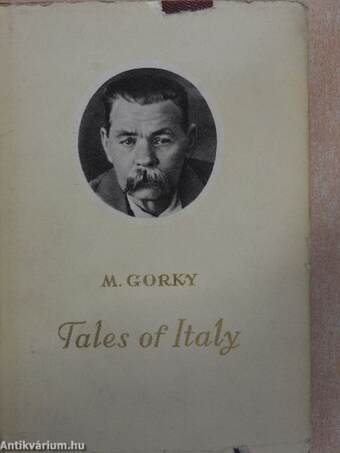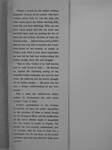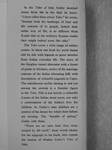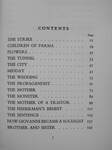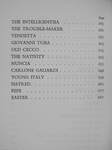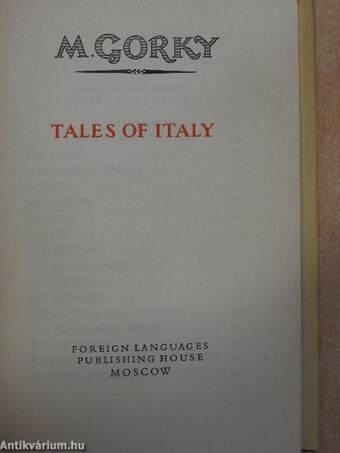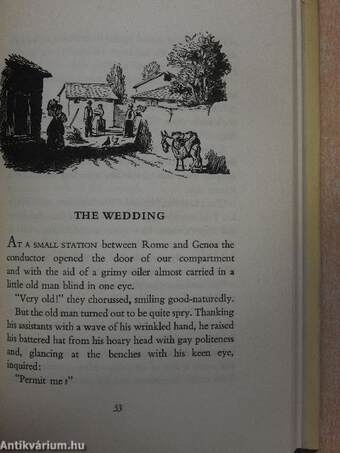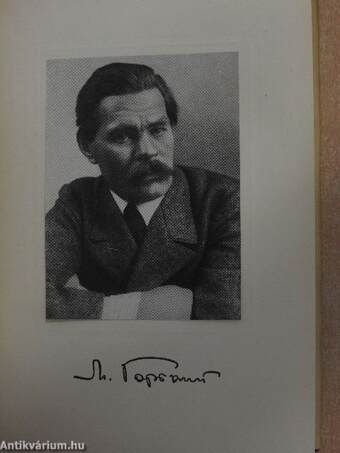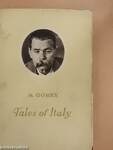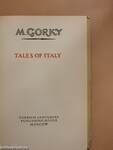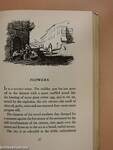1.117.562
kiadvánnyal nyújtjuk Magyarország legnagyobb antikvár könyv-kínálatát
Tales of Italy
| Kiadó: | Foreign Languages Publishing House |
|---|---|
| Kiadás helye: | Moszkva |
| Kiadás éve: | |
| Kötés típusa: | Fűzött keménykötés |
| Oldalszám: | 293 oldal |
| Sorozatcím: | |
| Kötetszám: | |
| Nyelv: | Angol |
| Méret: | 17 cm x 12 cm |
| ISBN: | |
| Megjegyzés: | Fekete-fehér illusztrációkkal és a szerző fekete-fehér portréjával. |
naponta értesítjük a beérkező friss
kiadványokról
naponta értesítjük a beérkező friss
kiadványokról
Előszó
TovábbFülszöveg
"Gorky is loved by the Italian workcrs primarily because of all authors who havc written a bont Ital y he was the only one who wrote about the Italian working folk, their life and their sufferings. Who can say how much paper and ink the poets and novelists have used up praising the sky of Italy, the sun of Italy, the flora of Italy, the Roman ruins Julius Caesar and Leo XIII ? But no one was able to describe the wond-rous nature of our country so simply as Gorky, and, what is even more important, no one but he had ever written about the Italian people, their life and struggle.
"That is why Gorky is so well known and so well loved in Italy He showed us, against the charming setting of the beautiful Italian landscape, the poverty and want, the suffering and the heroic struggle
of the Italian people___He gave me, for
one, a deeper understanding of my own people/'
This is what the well-known Italian author G. Germanetto has said about Gorky's Tales of Italy.
Gorky's... Tovább
Fülszöveg
"Gorky is loved by the Italian workcrs primarily because of all authors who havc written a bont Ital y he was the only one who wrote about the Italian working folk, their life and their sufferings. Who can say how much paper and ink the poets and novelists have used up praising the sky of Italy, the sun of Italy, the flora of Italy, the Roman ruins Julius Caesar and Leo XIII ? But no one was able to describe the wond-rous nature of our country so simply as Gorky, and, what is even more important, no one but he had ever written about the Italian people, their life and struggle.
"That is why Gorky is so well known and so well loved in Italy He showed us, against the charming setting of the beautiful Italian landscape, the poverty and want, the suffering and the heroic struggle
of the Italian people___He gave me, for
one, a deeper understanding of my own people/'
This is what the well-known Italian author G. Germanetto has said about Gorky's Tales of Italy.
Gorky's participation in the Russian revolution of 1905, his public opposition to the granting of loans to tsarist Russia by the bourgeois West, and the publication of his novel Mothcr made it impossible for the writer to reside in Russia. His health too was severely undermined, and in October 1906 he went to Italy for a prolonged cure. It was there, in the period between 1906 and 1913 that the Tales weré written.
In the Taies of Italy Gorky sketched scenes from life in the Italy he knew. "I have called these scenes Talcs hc wrote, "because both the landscape of Italy and the customs of its people, indeed their entire way of life, is so different from Russia that to the ordinary Russian reader they might indeed seem like tales."
The Tales cover a wide range of subject matter. In them one finds the social theme side by side with legends or genre sketches from Italian cveryday life. The story of the Simplon tunnel alternâtes with a hymn of praise to Mothers, stories of the marriage customs of the Italian labouring folk with descriptions of colourful pageants in Capri. The mischievous urchin darting in and out among the crowds is a famiiiar figure in the Tales. This is not merely a colourful feature of the Italian street scene, not only a confirmation of the Italian's love for children. In Gorky's tales children are a symbol of the future for which their fathers are striving. The "heralds of spring," Gorky calls them.
"There are no tales finer than those created by life itself," these words chosen for the epigraph to his book, best express the essence of Maxim Gorky's Tales of Italy. Vissza
Témakörök
- Idegennyelv > Idegennyelvű könyvek > Angol > Szépirodalom > Regény, novella, elbeszélés
- Szépirodalom > Regény, novella, elbeszélés > Az író származása szerint > Európa > Orosz Föderáció
- Szépirodalom > Regény, novella, elbeszélés > Tartalom szerint > Földrajzi besorolások > Európa
- Szépirodalom > Regény, novella, elbeszélés > Tartalom szerint > Összegyűjtött elbeszélések


